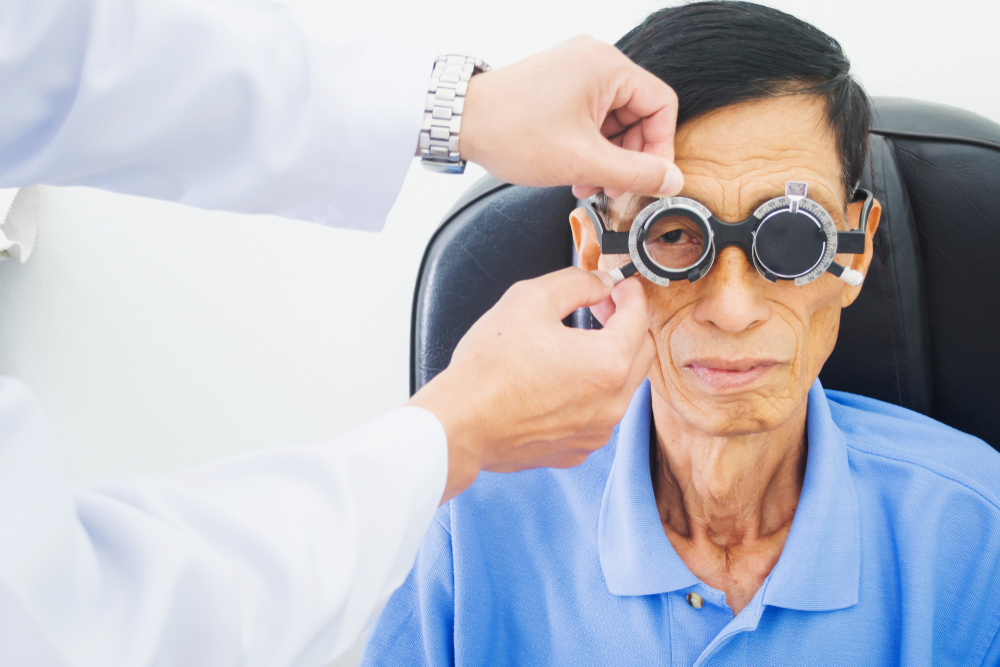
A cataract occurs when protein builds up in your naturally clear lens, making it cloudy. If you have this condition, seeing through your cloudy lenses would seem like you're looking through a fogged-up window. This eye disease, which affects more than 24 million people in the United States aged 40 and older, develops slowly. Over time, once your cataracts cause vision impairment and interfere with your day-to-day activities, an operation may be required.
During cataract surgery, your eye doctor will remove the cloudy lens in your eye and supplant it with an artificial, clear lens. It's a safe and very common procedure. But like any surgical procedure, there are risks associated with it. To get the best visual outcome possible, you must have the best post-operative care.
Aftercare Tips and Ideas
Cataract surgery is usually an outpatient procedure. You may be able to go home on the same day of your operation, depending on your case. You'd mostly be recovering at home with some follow-up appointments with your eye doctor. To ensure that your eye's healing properly, here are some recommendations for care following cataract surgery:
Avoid rubbing your eyes to prevent infection.
Use prescription eye drops as instructed by your doctor.
Stay away from dusty areas, as your eyes will be vulnerable to airborne allergens.
Wear an eye shield each night for a week or as needed.
Don't forget to use the eye shield during a shower, especially when washing your hair.
Relax and take a rest for a few days. You may later engage in low-impact activities. But you should steer clear of any strenuous activities like yoga, running, or heavy lifting.
Avoid getting foreign objects in your affected eye, like shampoo.
Avoid swimming for a month or two.
Don't drive unless you received the green light from your doctor.
Don't fly without your doctor's knowledge and approval
Symptoms to Watch Out For
It's normal for your vision to be blurry at first, as your eye needs to heal and adjust. Many patients report that their eye feels itchy and there's mild discomfort. But your vision should start to improve within a few days of your surgery. Depending on the type of job you have, you may be able to resume work a few days or weeks following your surgery. You just have to follow your doctor's post-operative care instructions. This way, you are less at risk of developing any complications from your operation. These include pain, swelling, infection, detached lens, and vision loss.
Every patient is different. If you experience vision loss or persistent pain despite using pain medications, you need to contact your doctor at once. Immediate medical attention is also necessary if you see light flashes or floaters in front of your eye. Symptoms like nausea and vomiting are equally alarming.
Do you need help with preparing for your cataract surgery? At Norwood Family Eye Care, we will conduct a pre-operative assessment and recommend the best lens implant for you. Call any of our offices today in Bartlett or Memphis, Tennessee, to schedule a consultation.











